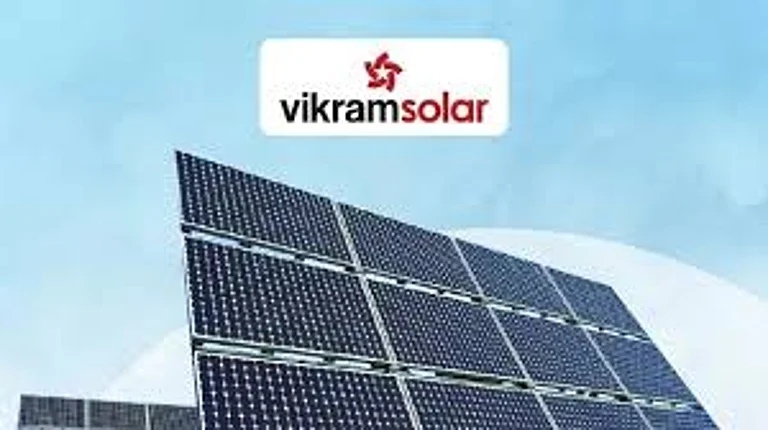There is huge demand for renewable energy from India, especially solar energy, and if India wants to fulfil this demand, it cannot rely on imports, Sujoy Ghosh, Vice President & Country Managing Director, India, at First Solar said at the Outlook Sustainable Power Conclave on March 11.
"If solar is going to be the mainstay source of energy for the country, and we are expecting significant demand for solar, then we cannot rely on imported equipment,” he said.
He further noted that between 2010 and 2020, China had virtually monopolised the industry's value chain, from raw materials like polysilicon wafers to finished goods like modules.
However, the Indian government is now trying to reverse this trend with a series of import barriers and production-linked incentives (PLI) for solar module production, as well as policies for auxiliary components used in solar panels, he noted.
To localise the supply chain, he stressed the need to provide a level playing field for domestic investors against the dumping of foreign goods. Since 2021, the Indian government has focused on creating such a level playing field, and it is showing results, Ghosh noted.
To protect local solar panel manufacturers, a 25% safeguard duty was imposed for a two-year period starting in August 2018 on imports from China and Malaysia, which were suspected of dumping solar panels in India.
“If you look at today's solar module manufacturing capacity, it stands at 67 GW under the ALMM scheme. The cell capacity is quickly ramping up because the government's second-stage plan was to achieve backward integration into cell manufacturing. There is also a very clear roadmap to developing wafer and polysilicon production,” he said.
He was speaking on a panel discussing the pathways to renewable power generation and transmission, joined by REC Executive Director N. Venkatesan and JSK Industries CEO Selesh Gupta. The panel was hosted by ICP Keshari, ADG, Association of Power Producers.
It will require at least Rs 20 lakh crore of investment to meet the 500 GW demand by 2030, noted REC’s N. Venkatesan. He added that REC’s loan book for renewable projects currently stands at Rs 55,000 crore, with a target to grow it to Rs 3 lakh crore by 2030.
“We are primarily funding the transmission sector, mainly in the government sector. Of late, we have also been funding lines operating under the Tariff-Based Competitive Bidding (TBCB) mode, where the tariff is fixed, so there is minimal risk,” he noted.
He further said that not only the central government but also state and interstate transmission projects are being developed through TBCB, a mechanism used to determine tariffs and award transmission projects.

































